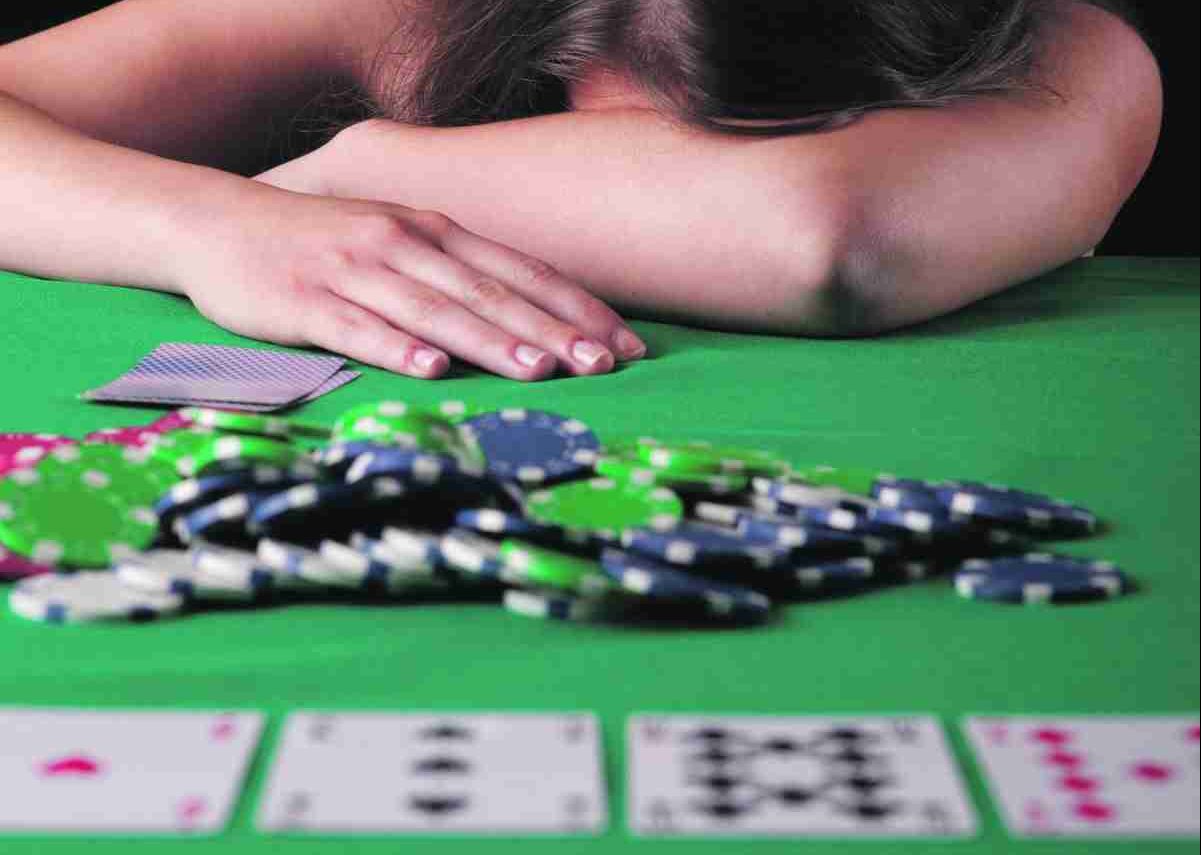
Women whose lives have been affected by gambling ‘unsupported’ finds innovative study
Women whose lives have been affected by crime linked to gambling have spoken about their experiences and revealed how a lack of awareness among agencies at each stage of the criminal justice system – from police stations to prisons – left them without the support they needed.
Their voices are at the centre of a new research report, ‘Holding it all together and Picking up the Pieces: Women’s experiences of Gambling and Crime’, published in February by the Howard League’s Commission on Crime and Gambling Related Harms. The report presents the findings from interviews and focus groups with women who have either been involved in gambling-related crime themselves or been impacted negatively by the gambling of others.
Lived experience
It was produced by a team that included women with personal experience of gambling and crime. The study featured 33 interviews and six focus groups, involving a total of 27 participants. Of these, nine were women with lived experience of disordered gambling and crime. Eight were women with lived experience of being an affected other, and the remaining ten participants were stakeholders – a group comprising an MP, a gambling industry representative, prison and probation staff, and people working for gambling treatment and support organisations.
Key finding
The research reveals the complex and far-reaching impacts of crime and gambling on women. All the women in this study were met with a lack of awareness and understanding about gambling and crime from the criminal justice system, as well as many other services including those in health, financial institutions, and the family courts. As a result, women reported that the support they had been given in relation to gambling had sometimes been lacking.
Affected others
The findings relating to affected others revealed a significant extension of harms, sometimes compounded by the criminal justice system (and other key agencies). Affected others were themselves victims of gambling-related crime.
“The more he gambled, the more he lost, the more violent and just generally nasty he became … more mental and verbally and financially abusive. But then the physical abuse would appear in bits and pieces.”
The discovery of a loved one’s gambling activity presented an unforeseen, shocking, and traumatic moment in which women’s lives ‘fell apart’. This often meant that they had to defer or delay accessing the limited support available so they could address the problems around them.
Despite not being responsible, affected others were judged as complicit or held accountable for resolving the myriad gambling harms they experienced by many services, including those in the criminal justice system.
Women who gambled
Women had varied trajectories into gambling. Most struggled to identify specific trigger points when it became problematic for them. The escalation of gambling often followed significant wins and/or a constellation of different stresses and traumas in their lives having become too much (including: unresolved childhood trauma; employment and finances; physical and mental health issues; relationship-related stress; and family health and bereavement).
Acquisitive crime
Gambling was previously viewed by women as an effective coping mechanism that was more ‘legitimate’ or ‘acceptable’ than other ways of coping with stress, and something that could be easily hidden. However, in time, their gambling led to significant problems. All of the participants who gambled disclosed that they had ultimately committed an acquisitive crime to support their gambling. The gambling-related harms (i.e. financial, employment, health, relationships and criminal justice contact) experienced by these women were significant and appeared to be exacerbated by their gendered roles and experiences.
The criminal justice system
The research revealed gaps in awareness and understanding of gambling-related harms in the criminal justice system. This extends from identification (through assessment and screening), signposting support, sentencing, and appropriate interventions and services. These were regarded as missed opportunities, particularly in relation to interactions with the police.
A lack of awareness on the part of probation staff meant that gambling did not appear to be properly considered in pre-sentence reports (a key factor in sentencing decision-making).
In some cases, prison represented a potentially harmful environment for women in recovery, because of evidence that gambling is a normalised activity in this setting.
Recommendations
In addition to improving the criminal justice system’s awareness of women’s gambling and the referral routes into support and treatment, the report makes a range of other recommendations including:
The need to ensure that future gambling policy and practice developments include a specific focus on the needs of women.
Greater attention paid to the impact of sentencing decision on affected others, particularly in relation to Proceeds of Crime decisions.
Full report is available here – the prison library may be able to access it for you – https://tinyurl.com/2rv7j266
This article is reproduced with the kind permission of Russell Webster www.russellwebster.com